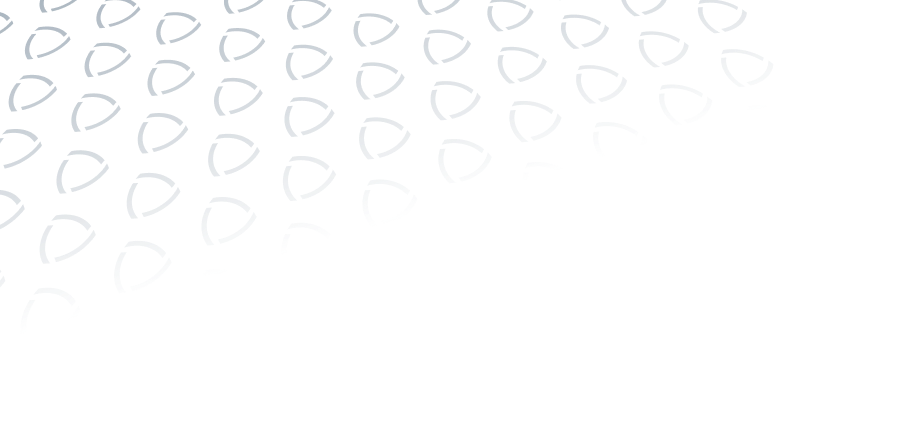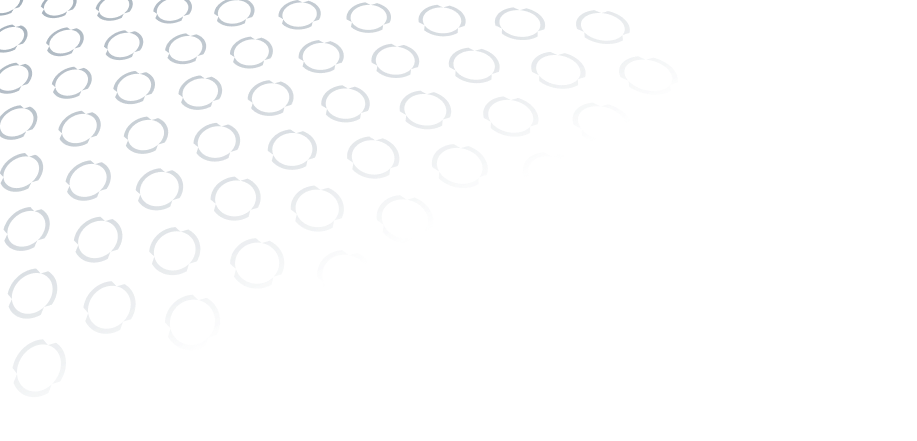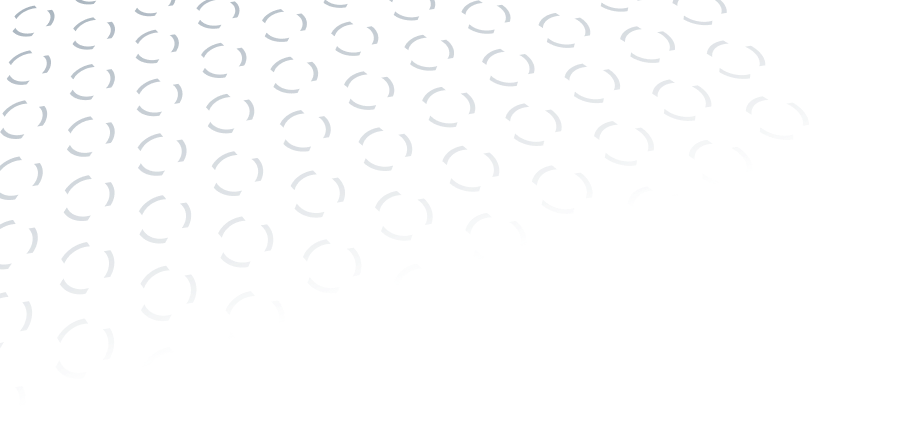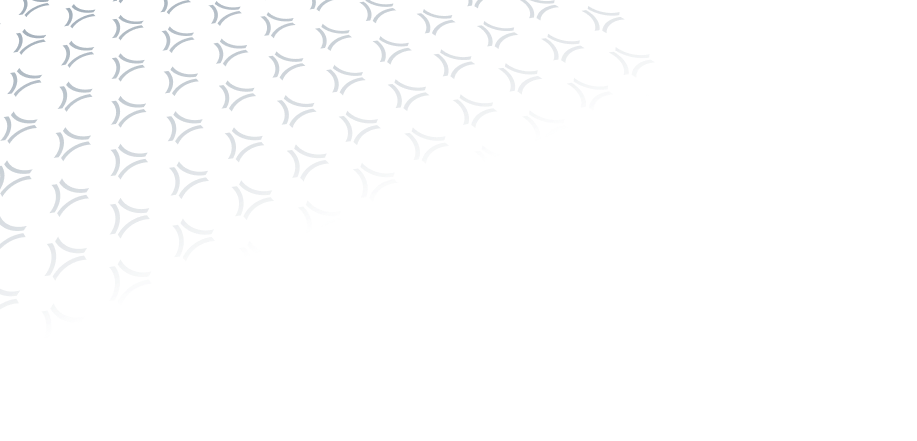I guess I'm not an opportunist. Instead, I'm closer to the principles of incremental improvement. Both aspects are seen in what - as is public knowledge - I love a lot. That is, the Formula One World Championship.
The greatest successes have not been achieved by those who jumped at the opportunity to appear in Formula 1 in order to take advantage of its popularity and global reach to quickly increase their visibility and value their fortunes and businesses. Instead, the most successful have been those who have been able to understand the path (and the difficulty) to achieve their goals: that is, to score championship points, win grand prix victories and ultimately world titles. Formula 1 is the pinnacle of human endeavour, where every conceivable discipline and the best professionals from around the world come together. This world encompasses cutting-edge research and development, breakthrough materials engineering, advanced software, mechanical and dynamic expertise, sophisticated computer simulations, innovative marketing, precise financial management, strategic human resources, thorough legal advice, effective management practices, elements of machine learning and artificial intelligence, and above all, inspirational leadership. Beneath the surface of what viewers perceive as 'just' an adrenaline-fuelled wheel-to-wheel battle on the race tracks during the grand prix, lies an incredibly vast, intensely fascinating and electrifyingly inspiring world.
And I love it when this can work similarly in our companies. Sure, we don't fight for thousandths of a second, but we achieve our goals to different ends by using the exact same principles. And the same mentality.

Formula 1 was always a hobby before it became my de facto second profession. Therefore, many of those who associate me with Formula 1 will be surprised to learn that I have been a manager for almost all of my professional life.
Early inspiration from Formula 1 motivated and helped me during the formative years of the current telecommunications operator Vodafone, then still known as Oscar. I started as a maintenance engineer in a small regional company working for one of Oscar's main suppliers. I climbed chimneys, lofts, cellars and roofs, both during the day and at night when I was on duty. When someone says they 'grew up shoveling', that's exactly what they mean. From this humble position I worked my way up to regional branch manager of two people, which eventually led me to Oscar itself, later Vodafone. As a technician, I oversaw all the extensive technology infrastructure that Oscar operated, during both day and night shifts. Was it easy? Certainly not, but today I am grateful to have been put through this intense and objectively demanding work. It gave me experience that you won't find at any school or university. Over the years of gathering experience, commitment and interest in a common goal, I eventually served as the head of the entire operations center. Our extensive team had an overview of everything technical that happened at Vodafone.
When I look back on this period of my career, which I would describe as the first of three great stints, I remember that the understandable motivation was, of course, to have a job that

The second pillar of my professional story. A story in which the Kapsch toll system received a lot of media exposure, which often gave the impression that one was working for a company that sucked up more of the state's economic resources than necessary. At the same time, it was one of the most economically successful IT and IS projects for the state. From less than three billion crowns before its introduction, the State Transport Infrastructure Fund started to receive almost ten billion crowns, all at a cost that matched the European average. But the media image was not what I remember from this stage.
I remember the period with Kapsch as my "professional adolescence". Why? Within a few months we had built an independently operating company with over a hundred employees on a greenfield site. We all had a common goal: to fulfill our obligations under the main system supply and operation contracts. This meant that a large group of very talented people came together in one place. These people were not only experts, but also personalities. With individual exceptions, we were all working towards one of the country's strategic objectives in the field of road transport. We spent a lot of time together and shared many stories. Many colleagues became friends and some even became partners or spouses who have children together.

The "pubertality" of this period was that not everything that happened between people could appear professional to an outside observer. But it was human. And therefore powerful and beneficial for the whole team because it was aware of our common goal.
Looking back, I feel grateful to everyone I worked with at the time. Based on that experience, I want to appeal to today's companies to invest in supporting and developing their people as much as they invest in developing their product portfolio. One cannot be done without the other and the result will be greater success.
As part of the aforementioned gradual development, I later joined several foreign
As part of the aforementioned gradual development, I later joined several foreign projects with Kapsch, where I tried to offer experience to local teams. But in reality this became another hindrance. Why? In my opinion, the parent Kapsch made a mistake at that stage of development in the sense that wherever it went in the world, it expected to be able to apply its original mentality of operating and working. Whether it was in America, South Africa, Minsk or (long before the Ukrainian war) Russia.

During my time at Panasonic, I studied cross-cultural relationship management, which was very important for our needs of cooperation between Europe (Czech Republic, England), America, Japan, China and Thailand. So, knowing how important it is to consider the local culture when doing business in another country, and it didn't quite work out, I couldn't contribute the volume to match the potential.
Let's not forget that I still had as a passion in my heart, but also as a second professional activity, commenting on Formula 1 TV broadcasts, at that time on NOVA Sport TV, and writing textual analyses for professional websites. I used to fly back and forth as a student to and from my boarding school. Objectively, it was better than travelling on night trains and sleeping in warehouses. But there was one more thing:
I got homesick.
And so in the sense of "sometimes take two steps backwards so you can take one step forward in the future", I kind of "packed it in" and went home. Not recklessly, of course. But what I'd been arranging for six months came crashing down like a house of cards, because sometimes some people want something they don't really want, but can't choose between the two and schizophrenically wallow in their own lies. It's not their fault. It was my fault for not recognizing it.
And so two steps backwards became four or even five steps backwards. And without my knowing it, nine years ago it laid the foundation not only for a better understanding of myself, but more importantly the possibility of offering that same understanding of myself to others. And thus to contribute.
Because as Arnold Schwarzenegger says in his latest book, "Be useful."
You don't have to be if you don't want to be, of course. But "being useful" is something I enjoy and find fulfilling at the same time.
Thus began the third chapter of my story.

Sometimes it really is the case that one goes against one's luck. I just discovered nine years ago that CS Soft, a company that develops and implements advanced air traffic management (ATM) systems, was looking for a project manager. This opened up the opportunity to pursue another lifelong love, which is civil aviation. (And you might not believe how much Formula 1 and aviation have in common. But more on that another time.)
CS Soft was a very stable and mentally sound company thanks to its founder and long-time owner Ivan Camrda. I hereby express my respect and gratitude to him for what he has accomplished. Respect indeed.
But Ivan Camrda retired from business and in 2017 CS Soft became part of the Czechoslovak Group (CSG).
As the group has grown since then, so has the inspiration (and naturally the demands) for its individual members, including CS Soft. In retrospect, I think that at the time our company CS Soft found itself at a crossroads where it was unsure which direction to take. Because - to put it simply - everyone wanted to go somewhere else.
That's when I decided, primarily in order to organize my own thoughts, the experience I had gained from all directions, and most importantly to clarify what to do next, to pursue an MBA in Strategic Management at Cambridge Business School. Not only was it one of the best decisions I have ever made in my life, but CS Soft and CSG supported me in it absolutely famously by contributing to my studies.
So it's time to put that trust back, at least in part.
But how?
The breakthrough came during one of the longer discussions in the autumn of 2023, the details of which I will now keep confidentially to myself, but will share at some point. This discussion came as a kick in the sense of: what are you waiting for? For the Knight of Blanik? I had thoughts in my head like "you are as smart as a radio, you are really good at criticism, how about you not only propose a solution, but also take responsibility for at least part of it?"
It was a mental shift that stirred up feelings across a wide spectrum, including apprehension and fear.
But I no longer refused to stand by or complain behind the scenes. And when, in February 2024, E15 magazine published an interview with CSG's head of HR, Alena Kozakova, the headline read: "Young people have no desire to take responsibility. But we are looking for natural leaders", without any exaggeration, I got the feeling
Does that sound crazy? Maybe. But as I pointed out at the beginning of the text, there are no clichés.
My MBA studies in strategic management long before the interview brought me one big conclusion, and thus an item in my personal development plan: to offer my experience further. Without exaggeration, I see it almost as a social obligation. And I am grateful to the people of the Czechoslovak Group, but also to many others, for evoking such a sense of duty in me. For demanding it of me.
Nowadays, in my free time I work as an assistant coach with an official license from the Football Association of the Czech Republic. Not for nothing are football coaches called 'manager'. And through this role it is possible to motivate not only children, but also their parents. And believe me: it is often more difficult than working as a manager in a company. But it's one way of giving back to the world. Or to give to others what I didn't get myself, especially as a child coming from a broken social background.
I continue to publish content from the world of Formula 1. Not everyone shares them, but again the important message is: Don't force. I offer. Ultimately, Formula 1 was and is my hobby, a huge inspiration and most importantly a school. A school that is there for anyone who wants to see it as a school.
And finally: in May 2024, I was appointed Chief Operating Officer of CS Soft, taking responsibility for the future not only of our company and its employees, but also of the CSG Group and the CSG Aerospace division, of which I am a proud ambassador.
Indeed. I am proud to work for the Czechoslovak Group. And I look forward to seeing all of you who want to soak up some of my own experience. And in doing so, move us all, and by extension the company, and I don't just mean the company itself, forward.
The motto of the third chapter of my professional story is to help you find the desire to know yourself more. Ways, methods or means. That exist for this are functional, useful and fun at the same time. By getting to know oneself better, one can recognize the limits of one's personal influence, work with it, and possibly expand it. Which will bring positives not only in private, but also during professional life. Which will lay a stronger foundation for the development of the company one works for through a stronger company culture and further development. It's all simpler than what we've been taught, it's easier than it looks.
I am grateful to everyone who embarks with me on this journey, who is willing to walk it, and together fulfill our common mission: to live in such a way that we leave the world to our children's generations in a slightly better state than we took it over from our parents' generations.
Tomáš Richtr
Share
















